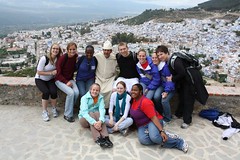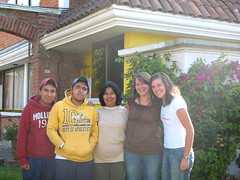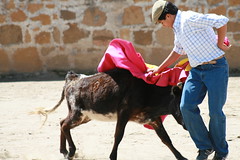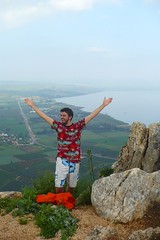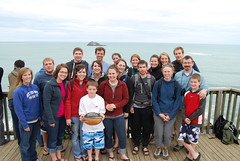 On Sunday (May 9) we went to the Te Puea Marae, a common meeting area for the native Maori people in urban Auckland. We were welcomed through one of their formal ceremonies which included singing, dancing and speeches from some of the … Continue Reading ››
On Sunday (May 9) we went to the Te Puea Marae, a common meeting area for the native Maori people in urban Auckland. We were welcomed through one of their formal ceremonies which included singing, dancing and speeches from some of the … Continue Reading ››
New Zealand 1
 On Sunday (May 9) we went to the Te Puea Marae, a common meeting area for the native Maori people in urban Auckland. We were welcomed through one of their formal ceremonies which included singing, dancing and speeches from some of the … Continue Reading ››
On Sunday (May 9) we went to the Te Puea Marae, a common meeting area for the native Maori people in urban Auckland. We were welcomed through one of their formal ceremonies which included singing, dancing and speeches from some of the … Continue Reading ››
